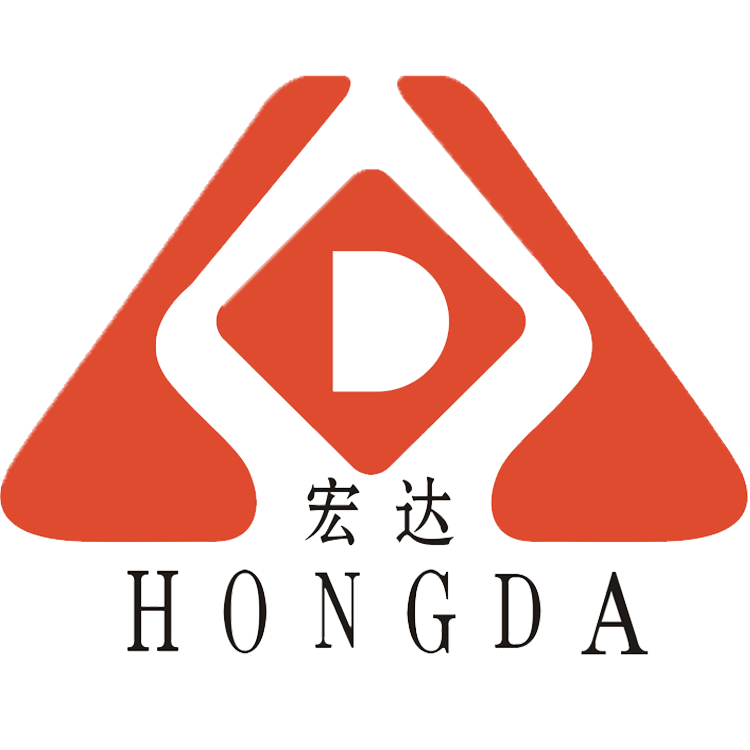Is beta sitosterol good for youIssuing time:2021-11-09 13:48 Phytosterols are functional components that exist in a free state or in a state combined with fatty acids and sugars, and are widely present in the cell membranes of various plants such as vegetables and fruits. Phytosterols, also known as phytosterols, belong to plant steroids. The main components of plant sterols include sitosterol, campesterol, stigmasterol, rapeseed sterol and corresponding alkanols, etc., all of which use cyclopentane perhydrophenanthrene as the main framework and contain alcohol groups. They are related to cholesterol. The difference in structure is that there are more side chains on C24. For example, sitosterol has an ethyl group on C24, campesterol has a methyl group on C24, and the structure of stigmasterol is the same as that of sitosterol. It's just that there is a double bond on C22. Plant foods with higher plant sterol content include plant oils, nuts, seeds, beans, etc. The content of plant sterols in vegetable oils is highest in corn germ oil, followed by sesame oil; pistachios content is highest in nut seeds, followed by black sesame; soybeans have the highest content, followed by green beans; vegetables, fruits and potatoes are plant solids. The alcohol content is low. Phytosterols are an active ingredient in plants and have many benefits to human health. Studies have found that plant sterols have the effects of lowering blood cholesterol, preventing and treating prostate hypertrophy, inhibiting tumors, inhibiting breast hyperplasia, and regulating immunity. Studies at home and abroad have shown that plant sterols can compete with cholesterol in the intestine, reduce cholesterol absorption, and effectively reduce the "bad" cholesterol (including total cholesterol and low-density lipoprotein cholesterol) content in the blood of patients with hyperlipidemia. Affects the "good" cholesterol in the blood (high-density lipoprotein cholesterol), and has a good lipid-lowering effect on patients with hyperlipidemia. According to statistics, the higher the intake of plant sterols in the diet, the lower the risk of heart disease and other chronic diseases. Other effects: Phytosterols can reduce the level of C-reactive protein in the body. Phytosterols also have antioxidant effects. Use sitosterol to replace cholesterol in human keratinized cell membranes, and to study sitosterol's effect on UV-mediated lipid production in cells It is found that sitosterol can reduce lipid peroxide by 30%. Phytosterols also have anti-inflammatory, anti-viral, regulation of hormones in the body and regulation of metabolism. |

